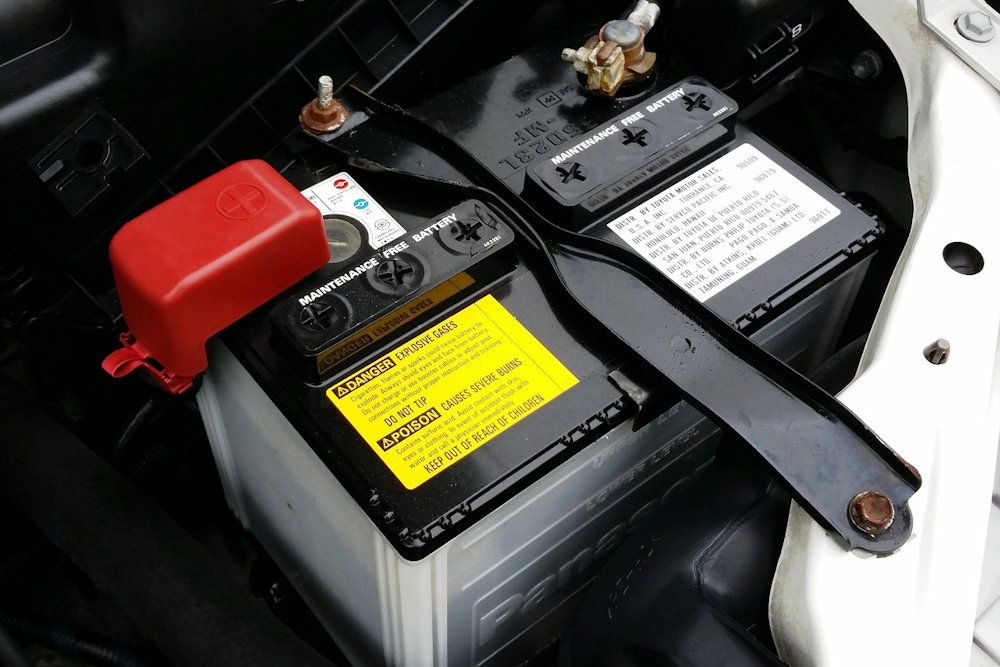
Got a dead car battery lying around, taking up space in your garage? You’re definitely not alone. It’s a common scenario, and many of us are left scratching our heads, wondering what to do with that heavy, hazardous chunk of power once its useful life is over. The good news is, dealing with an old car battery is far simpler and more rewarding than you might imagine.
Here’s a startling fact: tossing an old car battery in the regular trash isn’t just bad for the environment; it’s often illegal. These batteries contain materials that can be incredibly harmful if not handled correctly. But don’t worry, this isn’t a lecture on guilt trips! Instead, consider this your ultimate guide to turning a potential problem into a win-win situation, protecting both your wallet and the planet.
Recycling your old car battery is not only straightforward but also safe, responsible, and in many cases, can even put a little cash or store credit back in your pocket. We’re going to walk you through everything you need to know, from understanding why proper disposal is crucial to finding the best places to drop off your battery, and even how to get paid for doing the right thing. Let’s dive in and learn how to handle your car battery recycling like a true lifehacker.

1. **Why You Should Never Throw a Car Battery in the Trash**Before we jump into where and how to recycle, it’s absolutely vital to understand *why* proper disposal isn’t just a suggestion, but a necessity. Car batteries are not your average household waste. They are classified as hazardous waste, and for very good reasons that impact both our health and the environment.
The primary culprits are the components found within: lead, sulfuric acid, and various heavy metals. These substances are highly toxic. If an old car battery is simply dumped in a landfill, these harmful chemicals can leak out over time. This leakage can contaminate soil and groundwater, posing serious risks to ecosystems, wildlife, and even our own drinking water supplies.
Beyond the environmental havoc, there’s a legal aspect that can’t be ignored. In most U.S. states, it is explicitly illegal to throw car batteries into regular trash or landfills. Ignoring these regulations can lead to fines and penalties, which is certainly not the kind of hassle anyone wants. Knowing this emphasizes the importance of understanding and following the correct recycling procedures.
By choosing to recycle your car battery properly, you’re not just avoiding potential legal trouble or environmental damage; you’re actively contributing to a cleaner, safer planet. You’re ensuring that valuable materials like lead can be reused, reducing the need for new mining and conserving precious resources. It’s a small action with a significant positive impact.
Read more about: From Street Takeovers to Uninsured Nightmares: The Wildest Automotive Hits You Won’t Believe
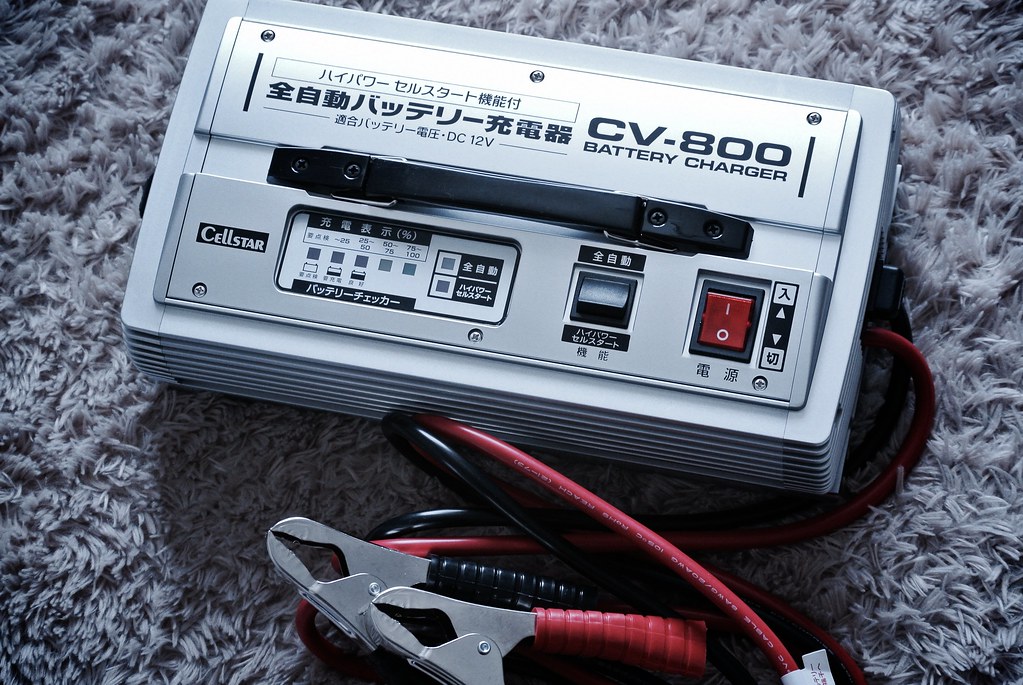
2. **Recycling Option 1: Auto Parts Stores**When it comes to convenience and widespread availability, auto parts stores are often your best bet for recycling an old car battery. Most national auto chains have robust programs in place to accept these hazardous items, making the process incredibly straightforward for you. These stores are equipped and staffed to handle batteries safely and efficiently.
Popular options that reliably accept old batteries for free include well-known names like AutoZone, Advance Auto Parts, O’Reilly Auto Parts, NAPA Auto Parts, and Pep Boys. The great part is that, in most cases, you don’t even need to make a purchase to drop off your old battery. Just bring it in, and they’ll take care of it for you.
Many of these retailers even sweeten the deal by offering incentives. Some auto parts stores provide $10-$20 gift cards or store credit when you bring in an old battery. This is a fantastic perk, essentially paying you for doing the right thing. It transforms a chore into a beneficial transaction, helping you offset the cost of a new battery or purchase other car maintenance essentials.
Beyond the financial incentives, you can rest assured that the staff at these locations are trained to handle hazardous materials like car batteries safely. This means you don’t have to worry about the complexities of safe storage or transport once you get it to their facility. It’s a hassle-free solution that protects both you and the environment, making it a top choice for quick and easy recycling.

3. **Recycling Option 2: Car Dealerships or Service Centers**Another highly accessible and reliable option for recycling your old car battery is your local car dealership or an independent service center. Many dealerships incorporate battery recycling into their standard service offerings, especially when you’re already in for maintenance or a battery replacement. They are well-versed in proper disposal methods and have the infrastructure to manage these items responsibly.
If you’re planning a service appointment, it’s always a good idea to inquire about their battery recycling policy when you book. A simple question like, “Do you accept old car batteries for recycling?” can confirm their services. This can save you an extra trip and integrate battery disposal seamlessly into your vehicle maintenance routine, streamlining the process even further.
What’s particularly convenient is that many dealerships and service centers will accept your old battery even if you didn’t originally purchase your car or battery from them. Their primary goal is to ensure proper environmental stewardship and customer convenience, making them a flexible option for responsible recycling regardless of your vehicle’s history.
This option is especially practical if you’re already having work done on your vehicle. Instead of making a separate journey to another facility, you can simply bring your old battery with you to your scheduled service. The technicians are skilled in handling these components, ensuring that your battery is disconnected, transported, and stored correctly for its journey to a recycling facility.
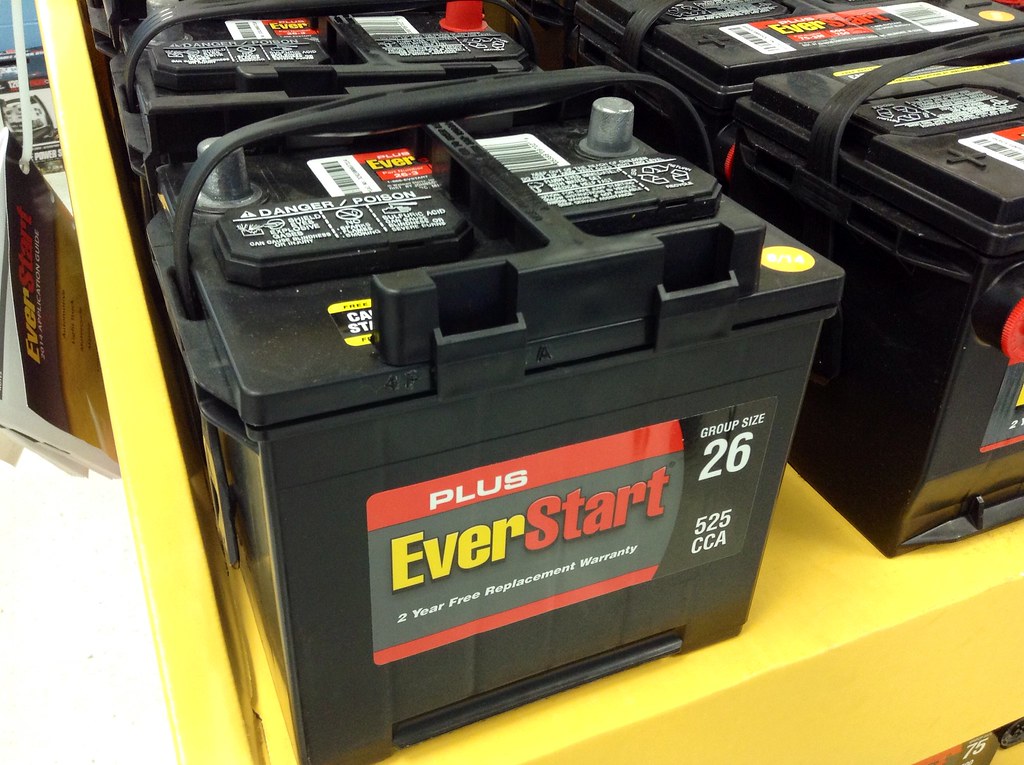
4. **Recycling Option 3: Household Hazardous Waste (HHW) Programs**For those who prefer to utilize local government resources or want to ensure their hazardous waste is handled directly by municipal programs, Household Hazardous Waste (HHW) collection sites are an excellent choice. Every city or county across the U.S. typically operates a department or facility specifically dedicated to managing hazardous materials, including old car batteries.
To find your nearest HHW program, you’ll want to check with your local waste management authority, your city’s public works department, or your county recycling center. These entities are usually the best sources for information regarding local hazardous waste disposal options. A quick search on your municipal website or a phone call can provide you with the exact details you need.
These HHW programs often offer convenient monthly drop-off events, where residents can bring various hazardous items to a designated location on a specific day. Some larger communities also have year-round facilities where you can drop off items at your convenience during operating hours. These programs are specifically designed to ensure eco-friendly and compliant disposal of materials like car batteries.
Utilizing HHW programs gives you peace of mind that your battery is being disposed of in full compliance with environmental regulations. These facilities are equipped to handle a wide array of hazardous substances, not just batteries, so they are a comprehensive solution for various challenging waste items. It’s a direct and responsible way to contribute to community environmental efforts.
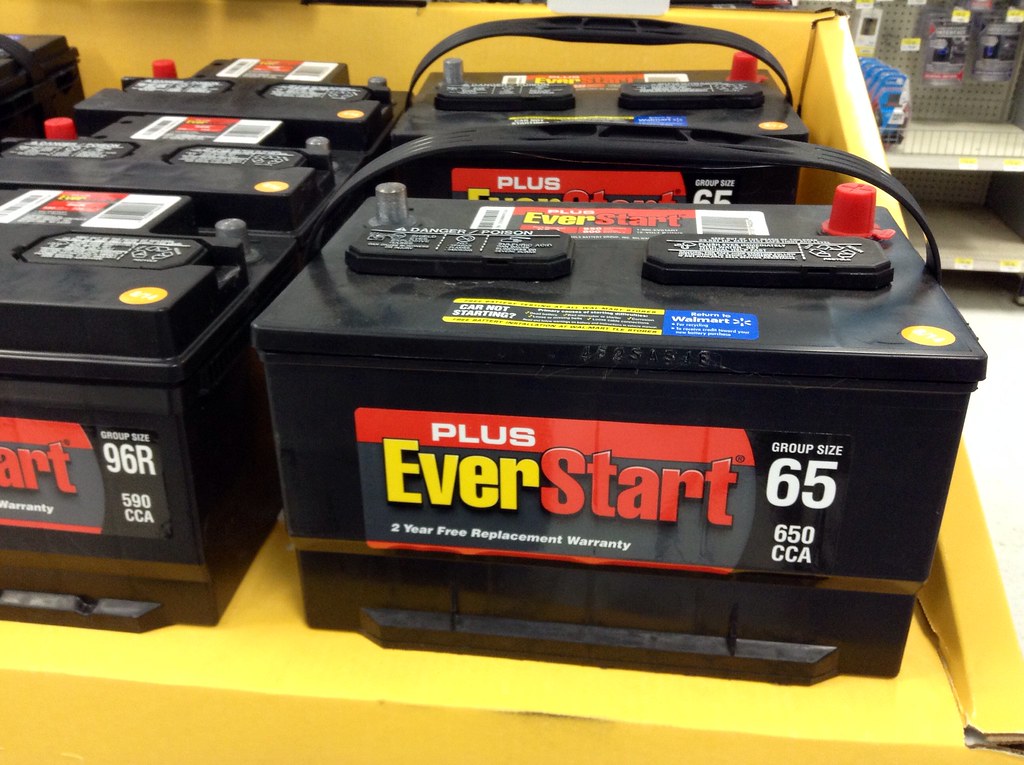
5. **Recycling Option 4: Online Recycling Locators**In our increasingly digital world, finding a place to recycle your old car battery has never been easier, thanks to a variety of online recycling locators. These handy tools aggregate information from countless recycling centers, auto parts stores, and hazardous waste facilities, putting a comprehensive list of options right at your fingertips. They are designed to simplify your search and provide immediate, actionable results.
Several reputable websites specialize in this service. Earth911.com, Call2Recycle.org, and RecyclingCenters.org are among the most popular and reliable platforms for locating recycling points. These sites maintain extensive databases of recycling facilities across the country, making it simple to find what you need quickly and efficiently.
The process couldn’t be simpler: you just visit one of these websites, enter your ZIP code into their search bar, and within seconds, you’ll be presented with a list of the closest options for recycling car batteries. Each listing typically includes contact information, operating hours, and sometimes even specific instructions or fees, ensuring you have all the details before you head out.
These online locators are invaluable time-savers, especially if you’re unsure where to start or if you live in an area with fewer obvious recycling points. They empower you to make an informed decision about where to take your battery, ensuring you find a convenient and appropriate facility without any guesswork. It’s the modern way to tackle an old problem.
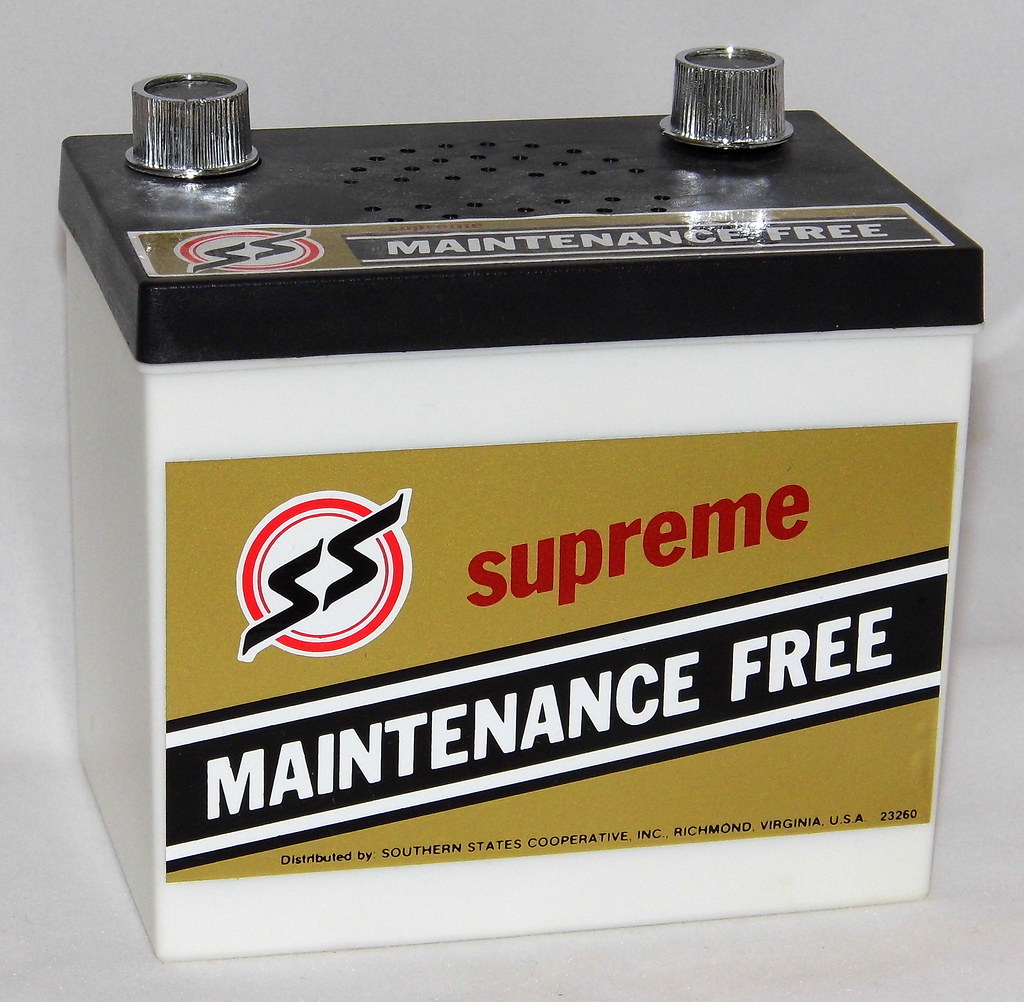
6. **Recycling Option 5: Mechanics and Repair Shops**Beyond the large national chains and municipal programs, your local independent mechanics and auto repair shops can also be a fantastic resource for recycling car batteries. Many of these smaller, neighborhood-focused businesses regularly replace car batteries as part of their service offerings. Because they deal with old batteries frequently, they often have established processes for collecting and sending them off for recycling.
It never hurts to simply ask your trusted mechanic if they accept old batteries for recycling. The next time you’re in for an oil change, tire rotation, or any other service, casually inquire, “Can I leave my old battery with you for recycling?” Chances are, they will be happy to assist, especially if you’re already a customer.
This option is particularly convenient because you’re likely already visiting these shops for other vehicle-related needs. It’s a great way to leverage an existing relationship and consolidate your automotive tasks. Plus, supporting local businesses while also recycling responsibly is a double win for your community and the environment.
Mechanics are skilled in handling automotive components, so they will ensure your battery is safely handled and stored until it can be transported to a dedicated recycling facility. This personal touch often comes with the added benefit of local expertise and a willingness to help out a customer, making it a very practical and friendly recycling solution.
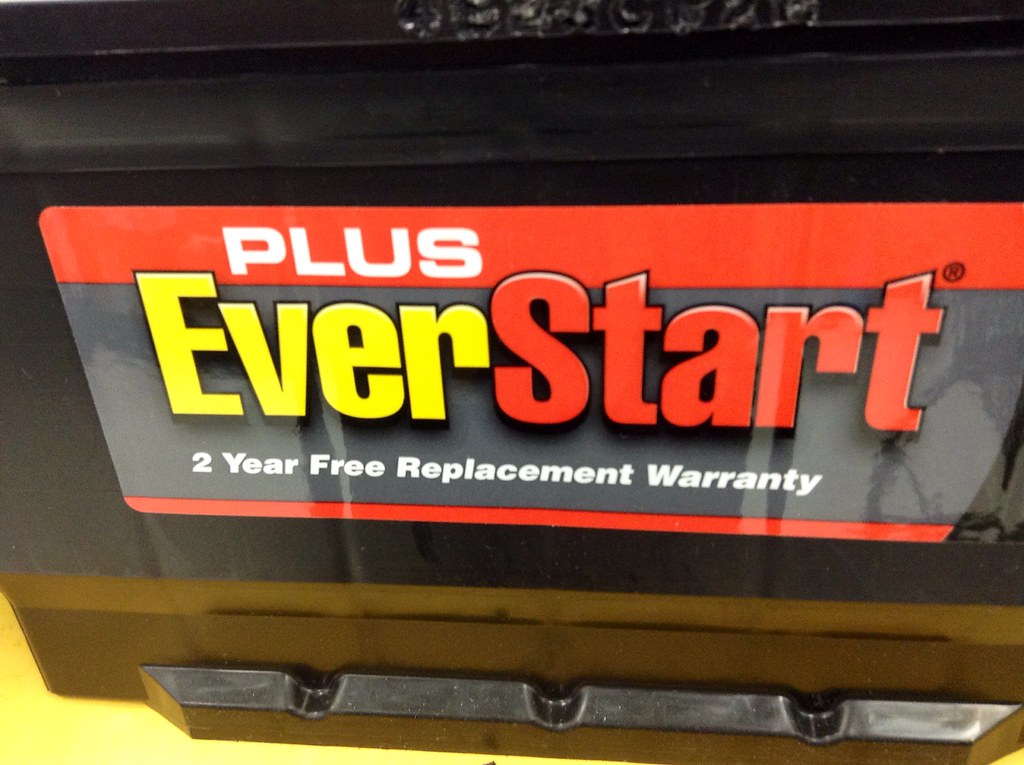
7. **How to Get Paid to Recycle Car Batteries?**Imagine this: you’ve got a heavy, dead car battery that’s just taking up space, and you’re faced with the task of getting rid of it. What if we told you that this chore could actually put money back in your wallet? It’s true! Some places will actually pay you for that ‘junk in your trunk,’ turning a disposal task into a small financial gain.
There are a few common avenues where you can potentially receive cash or credit for your old battery. As we touched upon earlier, many auto parts stores, such as AutoZone or Advance Auto Parts, offer gift cards or store credit when you bring in an old battery. This is essentially a core charge refund in the form of usable store value, making it easier to purchase your next car battery or other automotive necessities.
Another significant opportunity for cash comes from scrap metal recyclers or junkyards. These facilities are interested in the lead content of car batteries. They will typically weigh your battery and pay you based on the current market price for scrap lead. While the amount might not be huge, it’s certainly better than getting nothing and helps offset your time and effort.
Additionally, some specialized battery refurbishers might also pay for old batteries, as they aim to rebuild and resell them. This option might be less common but is worth exploring in your local area. A savvy “Pro Tip” is to check the current price for scrap lead in your area before visiting a junkyard or recycler. Knowing the going rate empowers you to negotiate or at least understand the value of what you’re bringing in, ensuring you maximize your potential refund. Always call ahead to confirm their current buying policies and prices.
Alright, so you’ve learned the ‘why’ and the ‘where’ of car battery recycling, and even how to pocket some cash for doing the right thing. That’s a huge step towards being a true recycling pro! But before you grab that old battery and head out the door, there are a few more critical pieces of information you need to master. We’re talking about safety, understanding what happens next, knowing your legal rights, and even what to do if a retailer gives you a hassle.
This next part of our guide is all about ensuring your recycling journey is not only efficient and rewarding but also completely safe and fully compliant. We’ll delve into the practicalities of handling these powerful components, reveal the incredible journey your battery takes after you drop it off, and arm you with the knowledge to navigate any situation. Let’s make sure you’re fully equipped to handle your old car battery like a seasoned expert.
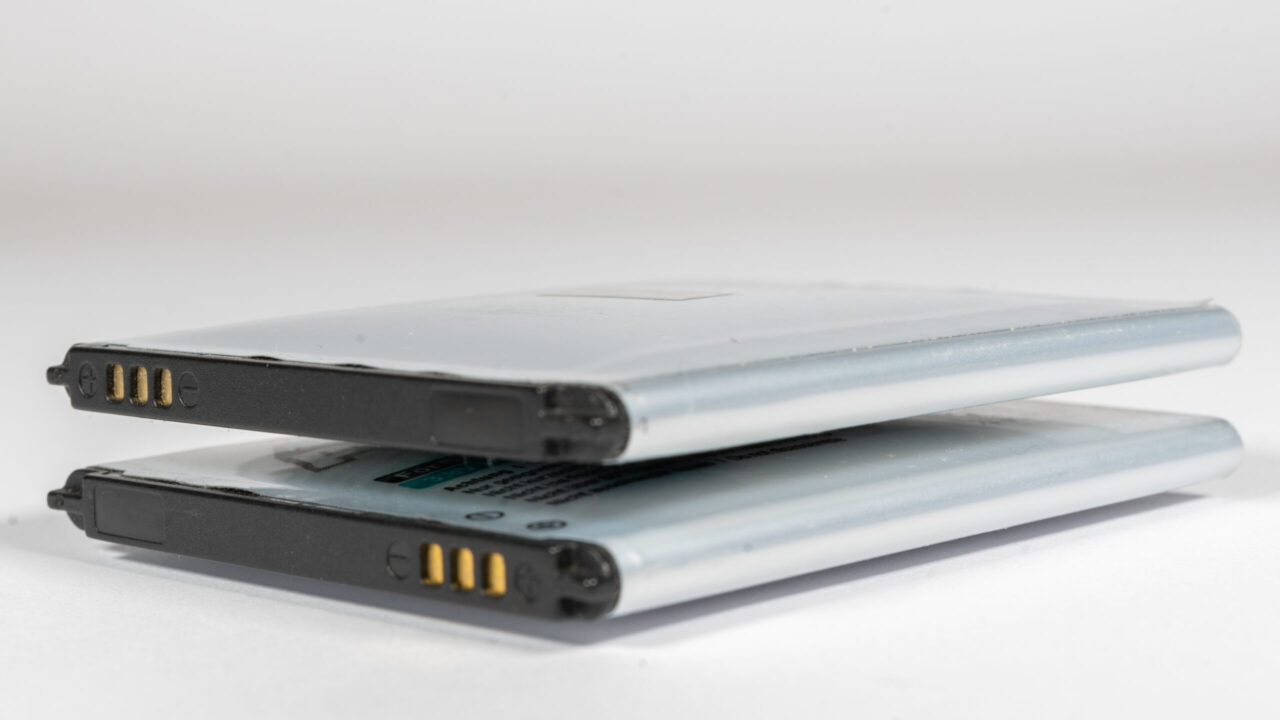
8. **Safety Tips Before Recycling Your Car Battery, and What About Home Storage?**Handling a dead car battery isn’t quite the same as tossing a plastic bottle into the recycling bin. Because of the hazardous materials inside, especially the sulfuric acid, a little caution goes a long way. Before you even think about moving that heavy, potentially leaky power source, you need to gear up and follow some simple, but crucial, safety guidelines to protect yourself and your surroundings.
First and foremost, always wear protective gloves. Acid can leak, and direct contact with your skin or clothes is something you definitely want to avoid. Those cheap utility gloves from the hardware store are perfect for this job. When you’re moving the battery, it’s absolutely vital to keep it upright to prevent any accidental spillage of the corrosive acid. Imagine trying to clean up battery acid from your car’s interior—no fun!
To further contain any potential leaks, place the battery in a sturdy plastic container or a cardboard box lined with plastic. This creates an extra layer of protection during transport. And remember, never, ever attempt to open the battery yourself. These aren’t meant for DIY repairs or tinkering; leave that to the professionals at the recycling facility. Your safety is paramount, so always prioritize these simple steps.
Now, what if you can’t get to a recycling center right away? Can you store your car battery at home? The short answer is yes, but with strict caveats. While you can’t ‘recycle’ it at home directly, you can safely store it. Your garage is the ideal spot, away from living areas, children, and pets. Always keep it upright and on a non-conductive surface, ideally within a secondary containment like a plastic bin, to prevent any unlikely spills from contacting the ground.
It’s crucial to understand that storing a battery indoors in a living space is a definite no-go. The fumes or potential leaks make it unsafe. If you’re fortunate, some communities offer convenient recycling pickup services or scheduled hazardous waste pickups. Check with your city or county; some localities provide door-to-door collection for hazardous waste, saving you a trip and ensuring safe disposal from your home.
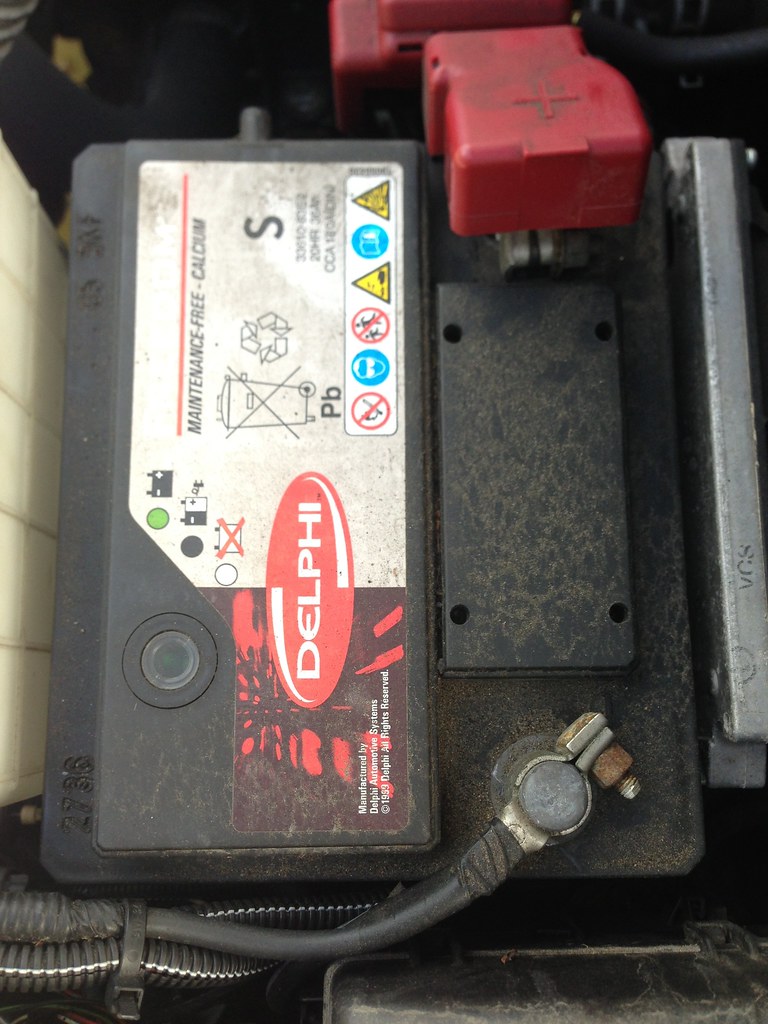
9. **What Happens to Recycled Car Batteries? An Incredible Transformation**You’ve done your part, carefully transported your old battery, and dropped it off at a designated recycling point. But have you ever wondered what magic happens next? It’s not just disappearing into a void! The journey a recycled car battery takes is a true testament to circular economy principles, transforming hazardous waste into valuable resources. It’s an amazing win for the environment, and you’re a part of it.
Once collected, your battery embarks on a remarkable journey of deconstruction and repurposing. The process typically begins with the battery being broken down into its core components. This isn’t just about waste reduction; it’s about resource recovery at its best. The highly efficient recycling process ensures that nearly every part of the battery gets a new lease on life, minimizing the need for virgin materials.
First, the lead plates, which make up a significant portion of the battery’s weight, are carefully separated. These lead components are then melted down and refined, ready to be molded into new lead plates for brand-new batteries. This closed-loop system is incredibly efficient, drastically reducing the demand for newly mined lead and cutting down on the energy and environmental impact associated with its production.
Next up is the plastic casing. Instead of ending up in a landfill, this durable plastic is cleaned, shredded, and processed to become raw material for new products. Think buckets, bins, and even new battery casings – it’s a continuous cycle that champions reuse. And what about the sulfuric acid? This hazardous liquid isn’t just dumped. It’s carefully neutralized or, in some cases, reprocessed and turned into other useful industrial products like detergents. It’s a comprehensive approach that leaves virtually no waste behind.
The statistics on this are truly inspiring: over 95% of a lead-acid battery is recyclable. This incredible efficiency makes car battery recycling one of the most successful recycling programs globally. By choosing to recycle, you’re directly contributing to the conservation of valuable resources, the reduction of hazardous waste in our landfills, and the support of sustainable manufacturing practices. It’s a powerful impact from a seemingly small action.
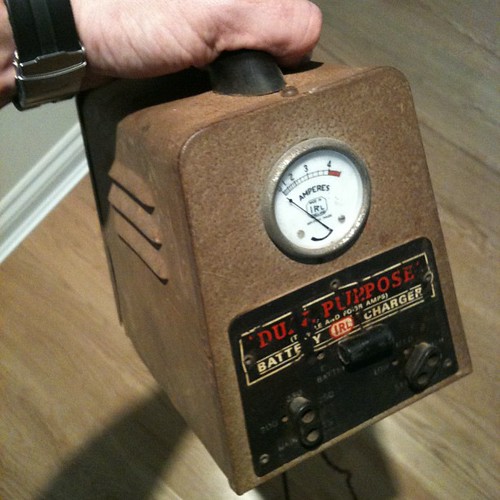
10. **Car Battery Recycling Laws in the U.S.: What You Need to Know**Navigating the world of car battery recycling isn’t just about finding a drop-off point; it’s also about understanding the legal landscape. While the general consensus is that throwing batteries in the trash is bad, the specific rules can vary significantly from state to state across the U.S. Knowing these laws empowers you to not only comply but also ensures you’re advocating for proper environmental stewardship wherever you are.
A common thread across many states is the requirement for retailers. Typically, stores that sell new car batteries must also accept your old battery when you make a purchase. This “take-back” policy is a cornerstone of responsible recycling legislation, designed to make disposal convenient and prevent hazardous materials from entering the waste stream. It removes a significant barrier for consumers, ensuring there’s always an accessible option.
Furthermore, some states have implemented a deposit fee system. This means that when you buy a new car battery, you might pay a small surcharge that is then refunded to you when you return an old battery. This “core charge” acts as an incentive, nudging consumers to return their spent batteries rather than letting them accumulate or, worse, improperly disposing of them. It’s a smart way to encourage participation in the recycling loop.
The legal ramifications of ignoring these regulations can be quite serious. In almost all states, illegal dumping of car batteries can result in fines and penalties. These aren’t just minor infractions; they reflect the severe environmental and public health risks associated with lead and acid contamination. The legal framework is designed to underscore the gravity of proper disposal and encourage universal compliance.
To get the exact rules and regulations for your specific area, your best bet is to visit your state’s environmental protection website. These sites provide comprehensive information tailored to your locale. For example, California has a mandatory core charge, while New York boasts strong recycling programs without a specific fee. Texas makes it optional, but auto shops still accept batteries for free, and Florida requires returns within 30 days. Illinois retailers also offer incentives, demonstrating a varied but universally important approach to battery recycling across the nation.
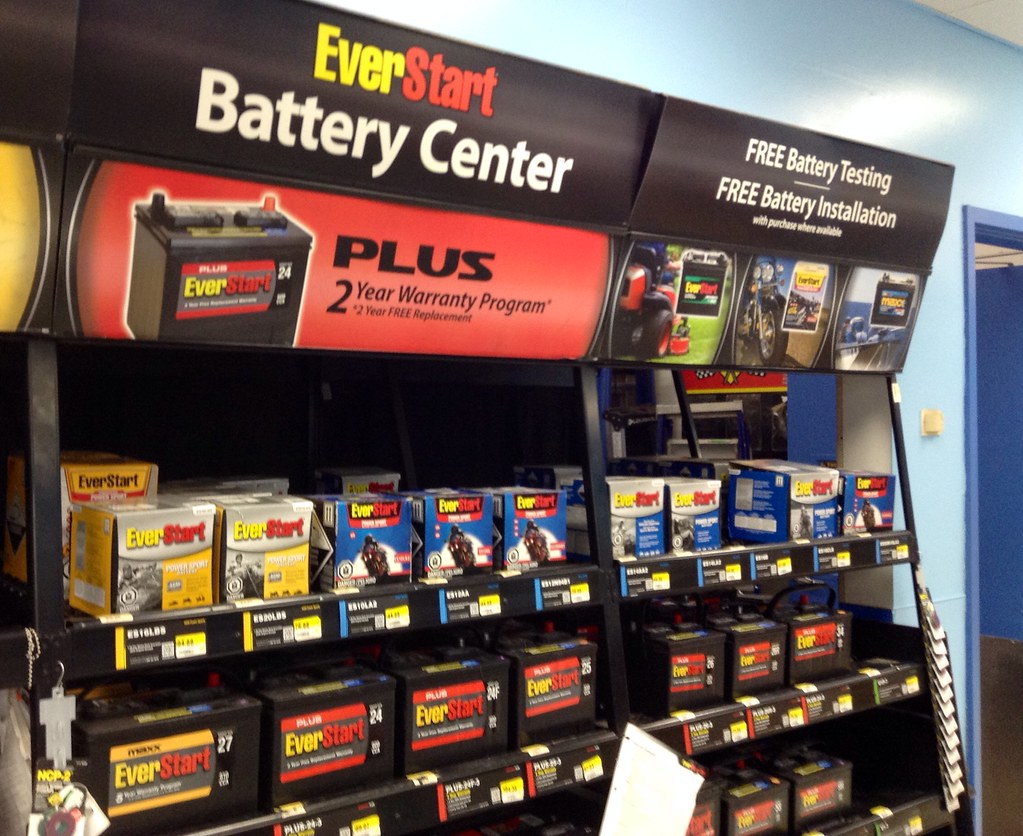
11. **Can Retailers Refuse to Accept Old Batteries? Understanding the Exceptions**You’ve confidently driven to an auto parts store, ready to drop off your old car battery and maybe even snag a gift card. But in rare instances, you might encounter a situation where a retailer is hesitant or outright refuses to accept it. While most places are eager to help, it’s good to know the circumstances under which they might say no, so you’re never caught off guard.
One of the most common reasons for refusal is if the battery is actively leaking or severely damaged. Remember, these facilities are equipped for safe handling, but a highly compromised battery can pose an immediate risk to their staff and other customers. If your battery looks like it’s been through a battle or is visibly seeping acid, they might politely decline to accept it, directing you instead to a Household Hazardous Waste (HHW) facility that specializes in more extreme cases.
Another less frequent, but possible, scenario is when a store has temporarily reached its recycling capacity. Just like any facility, there are limits to how much hazardous material they can store at one time before their designated collection truck comes. While this is rare for common items like car batteries, it’s a possibility during peak times or if their pickup schedule has been delayed. This isn’t a personal slight; it’s a logistical constraint.
Finally, some retailers’ policies might dictate that they only accept an old battery if you are simultaneously purchasing a new one from them. While many national chains accept batteries without a purchase, especially those offering store credit, smaller independent shops or specific locations might have this stipulation. It’s always a good practice to clarify their specific policy beforehand, especially if you’re not planning to buy a replacement battery on the same trip.
The best proactive step you can take to avoid any surprises is to always call ahead. A quick phone call to your chosen drop-off location can confirm their current buying policies, operating hours, and whether they have any specific conditions for accepting old batteries. This simple action can save you a wasted trip and ensure a smooth, hassle-free recycling experience, making you a truly prepared lifehacker.
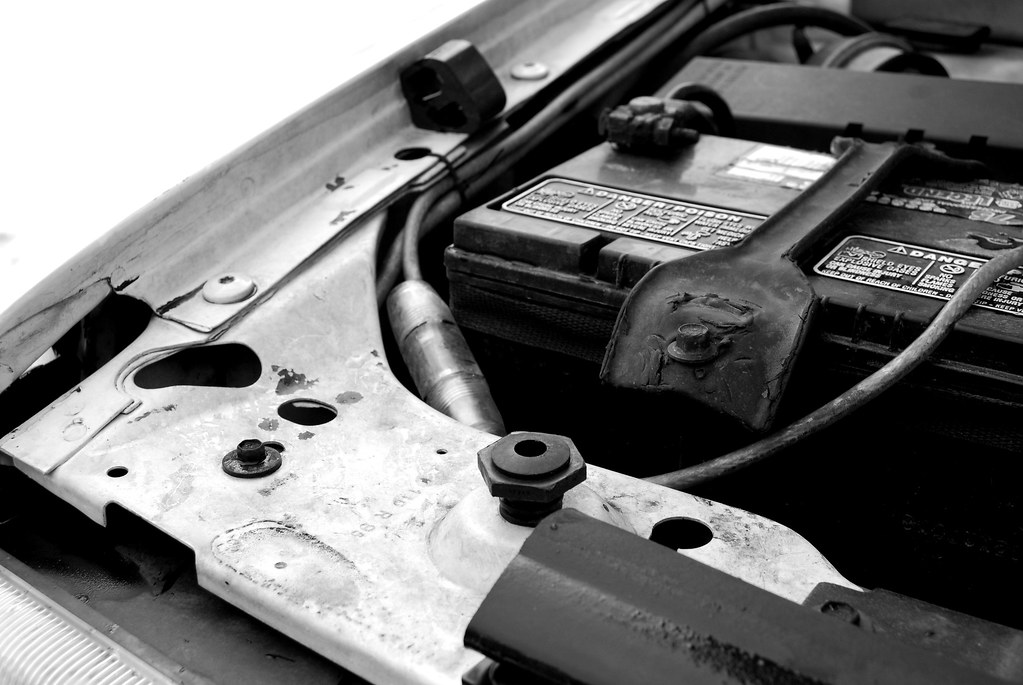
12. **The Far-Reaching Benefits of Recycling Your Car Battery: More Than Just Compliance**We’ve covered the practical steps, the safety measures, and even the legalities of recycling your car battery. But let’s take a moment to truly appreciate the bigger picture – the profound and far-reaching benefits that extend far beyond simply avoiding a fine. Your small action of properly recycling a car battery creates a ripple effect, positively impacting the planet, the economy, and future generations.
First and foremost, recycling your car battery is a powerful shield against harmful pollution. Those toxic components – lead, sulfuric acid, and heavy metals – are prevented from leaching into our soil and groundwater. This protection safeguards delicate ecosystems, preserves our natural resources, and ensures cleaner drinking water for communities. It’s a direct and measurable contribution to a healthier environment for everyone.
Beyond pollution prevention, proper recycling is a masterclass in resource conservation. Think about it: instead of constantly mining for new lead and producing virgin plastic, recycling allows us to reuse existing materials. The lead plates are melted and repurposed, and the plastic casing is transformed into new products. This significantly reduces the demand for raw materials, lessening the environmental footprint associated with extraction and manufacturing.
Moreover, the entire recycling industry is a dynamic economic engine. By participating in battery recycling, you’re directly supporting green jobs – from collection and transportation to processing and manufacturing. These are sustainable jobs that contribute to local economies and foster innovation in environmentally friendly practices. It’s a tangible way to invest in a greener future and a more circular economy.
And let’s not forget the personal perks! As we discussed, you can often earn rewards, gift cards, or even cash back for your old battery. It’s a rare win-win situation where doing the right thing for the planet also benefits your wallet, helping to offset the cost of a new battery or other automotive essentials. Finally, your action helps ensure that local and federal environmental laws are followed, promoting a culture of responsibility and compliance for all. Small actions truly do have big effects on the environment and our collective well-being.
So there you have it: a complete roadmap to properly recycling your old car battery, transforming what might seem like a chore into an empowering act. From understanding the crucial ‘why’ to navigating convenient drop-off points, ensuring your safety, comprehending the incredible recycling process, and recognizing the profound environmental and economic benefits, you’re now equipped with all the knowledge you need.
Remember to handle your battery safely, don’t hesitate to call ahead to confirm retailer policies, and always, always avoid throwing it in the trash. By taking these simple, yet impactful, steps, you’re not just getting rid of old junk; you’re actively contributing to a cleaner, safer, and more sustainable world. Let’s keep those harmful chemicals out of our environment and those valuable materials in circulation, one properly recycled battery at a time. Go forth and recycle responsibly – your planet (and possibly your wallet!) will thank you.



